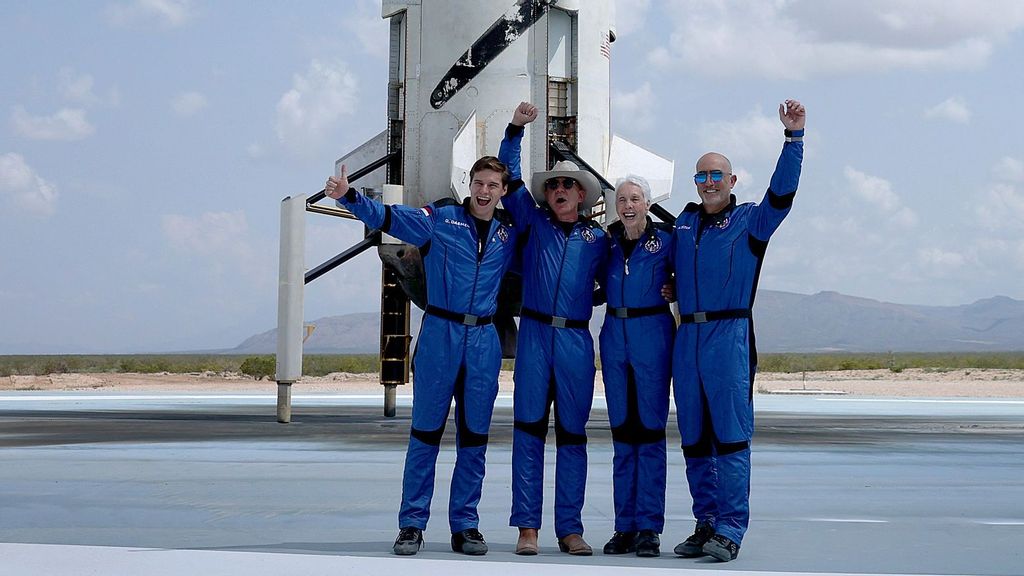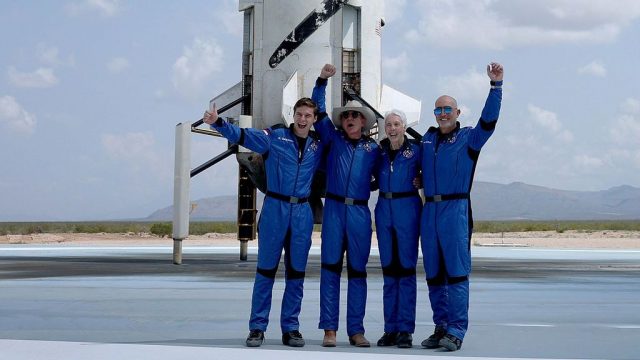
Amazon founder Jeff Bezos’s space company Blue Origin is advancing at a considerably slower pace compared to Tesla CEO Elon Musk’s SpaceX, and the former has not yet achieved the milestone of reaching orbit, The Wall Street Journal reported earlier this week.
While Blue Origin achieved its inaugural successful sub-orbital test launch in 2006, the company has conducted a limited number of flights since then. In contrast, SpaceX has established a sense of routine with its launches, having conducted 250 Falcon rocket launches as of last week, according to the publication.

Blue Origin is reportedly approaching the culmination of its eagerly anticipated New Glenn initiative, an ambitious heavy-lift launch vehicle engineered to transport both crew and cargo to destinations beyond Earth’s orbit. The company is planning the initiation of New Glenn’s engines next year.
“Even though it’s our initial launch, our position isn’t to hope,” Jarrett Jones, senior vice president for the New Glenn project, told The Wall Street Journal.
While SpaceX is renowned for its rapid progress, Blue Origin appears to be opting for a more deliberate and prudent course, prioritizing a lesser degree of experimentation in its pursuit of excellence.
“The advantage is you’re not going to make as many mistakes,” George Sowers, who developed rockets at United Launch Alliance, told The Wall Street Journal. “But SpaceX would say, ‘Hey, making mistakes is how we learn.’”
In April, SpaceX successfully launched its innovative Starship, a towering rocket standing at 394 feet (120.09 m) , from its facility in South Texas, marking the inaugural flight of this groundbreaking vehicle. However, the rocket exploded less than four minutes after takeoff.
“I think everybody wants New Glenn to fly at the earliest time possible. Everybody does,” Blue Origin CEO Bob Smith told The Wall Street Journal. “We’re not going to sacrifice doing it right.”

In May, Blue Origin secured a substantial $3.4 billion contract from NASA, entrusting the company with the responsibility of transporting astronauts to the moon. This followed NASA’s earlier decision in 2021 to grant SpaceX a separate $3 billion contract for an identical lunar mission.
Produced in association with Benzinga





